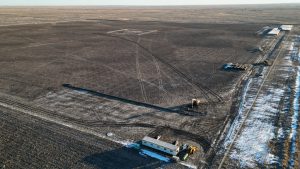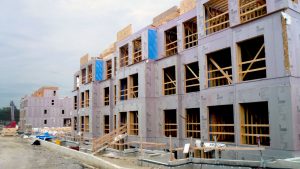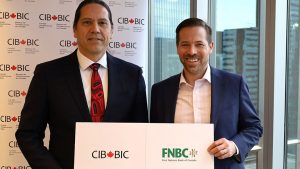An aboriginal group that lives in northern Alberta’s oilsands region has withdrawn from a regulatory hearing into the proposed Grand Rapids crude pipeline, but the Athabasca Chipewyan First Nation vowed to explore other ways to fight the $3-billion project.
The ACFN announced on July 22 it would no longer be participating in the Alberta Energy Regulator’s process, which it criticized as too rushed and skewed in favour of the oil industry. Landowners along the proposed route raised similar concerns when hearings kicked off last month. The group had been scheduled to appear before the panel on Wednesday to lay out its concerns about the pipeline, which would ship up to 900,000 barrels per day from near FortMcMurray, Alta., to the Edmonton area.
"The AER put us in an impossible position. I am dumbfounded by this process,” chief Allan Adam said in a statement.
The Grand Rapids hearing is the first by the AER since it replaced the Energy Resources Conservation Board last year and took over duties from the province’s Environment Department.
Adam said the new process is "fundamentally flawed.”
"It is supposed to be the test of the new regulatory regime for oil and gas and pipelines in Alberta. Yet it has seriously undermined our efforts to address any concerns about First Nations impacts.”
In his remarks to the panel, Adam made reference to a Supreme Court of Canada ruling two weeks ago that recognized a B.C. First Nation’s title over a tract of land.
"The rights of aboriginal people must be taken seriously,” he said. "Crown and industry can no longer assume that First Nations must simply do whatever government and industry want.”
The AER and pipeline builder TransCanada Corp. both said they were "disappointed” in the ACFN’s decision to pull out of the hearings. AER spokesman Darin Barter said the main point of contention was that the ACFN wanted an 18-month adjournment to examine changes TransCanada had made to its environmental protection plan, which he said went above and beyond what was required.
"The bottom line is, an 18-month adjournment on a pretty minor change to one document was just not feasible,” said Barter. "We run a very fair process. All of the parties that have been participants in the hearing have been provided the same information at the same time.”
TransCanada spokesman Davis Sheremata said the ACFN has had access to a "fundamentally complete” version of the plan since last September. TransCanada started discussions with the ACFN in late 2012, but little progress has been made, Sheremata said.
The ACFN’s chief said TransCanada has dealt with the band in "bad faith” and has been trying to "buy us off.” The Grand Rapids pipeline is a 50-50 partnership between TransCanada Corp. and a unit of PetroChina.
The group has said more high-profile, long haul projects like Energy East and Keystone XL would not be able to go ahead without volumes from Grand Rapids.
Sheremata disputed that characterization, saying Energy East and Keystone XL don’t hinge on Grand Rapids being built.










Recent Comments
comments for this post are closed